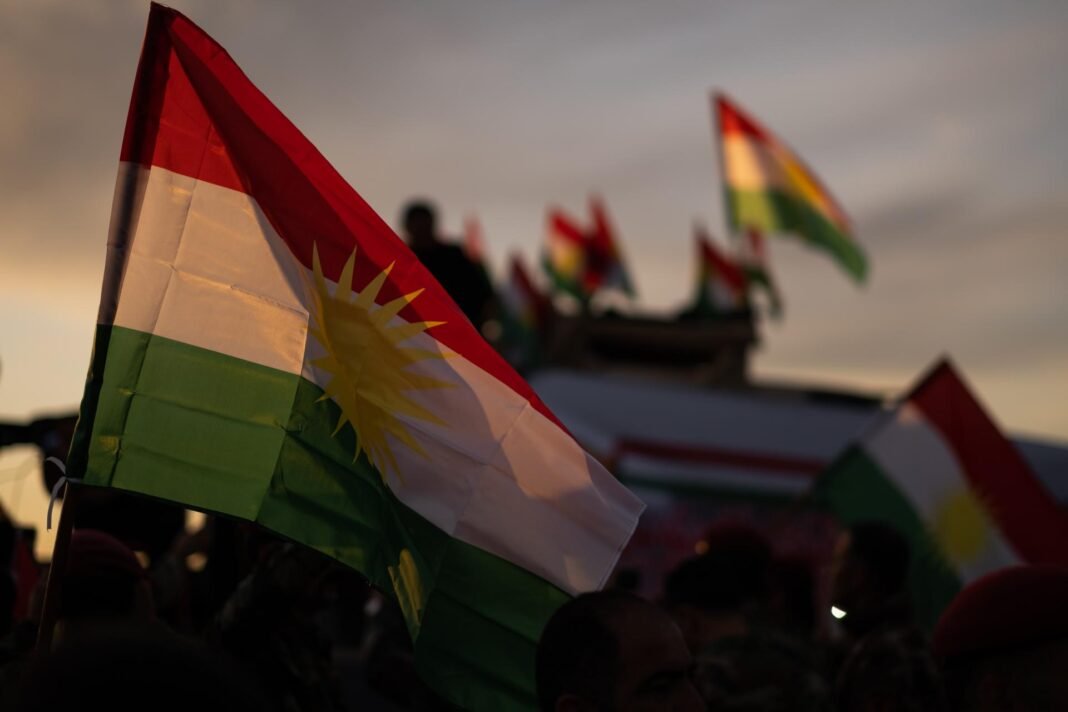Kurdistan government crisis continues to grow as political talks show no signs of progress. For months, leaders from the Kurdistan Democratic Party (KDP) and the Patriotic Union of Kurdistan (PUK) have tried to form a new government. However, deep-rooted divisions keep blocking every effort.
Many citizens now express frustration as the Kurdistan government crisis drags on. The absence of a new cabinet affects daily governance and economic planning. It also slows progress on public services and long-term regional stability.
The KDP controls the provinces of Erbil and Duhok. Meanwhile, the PUK holds influence over Al-Sulaymaniyah and surrounding areas. This splits fuels competition for power, revenue, and administrative control.
Although both parties signed past agreements, trust between them remains weak. Their history includes a civil war in the 1990s and years of uneasy cooperation. Recent events have reopened old wounds and increased mistrust.
In one major incident, tensions spiked when the KDP accused members of the PUK of involvement in the killing of a security official in Erbil. That incident led to a PUK boycott of government meetings. Even after their ministers returned, relations stayed tense.
Soon after, the PUK filed a legal challenge against the Kurdistan parliamentary election law in Baghdad. This action postponed planned elections. The KDP saw the move as an attempt to change electoral rules for political gain. The situation further deepened the Kurdistan government crisis.
This political standoff is not new for the region. In earlier years, other elections faced similar delays and disputes. But now, the crisis feels heavier due to added economic pressure and shifting dynamics across the region.
Both parties have held several rounds of negotiations. However, none of these talks have produced a breakthrough. Leaders continue to disagree over power-sharing, ministerial posts, and the structure of governance.
Each day without a functioning government creates more uncertainty. Businesses slow their operations. Citizens lose confidence. And public sector workers face longer delays in services and funding.
To move forward, both the KDP and PUK must rebuild trust. They also need to reach a clear agreement on shared leadership. Without cooperation, the Kurdistan government crisis will only get worse.


